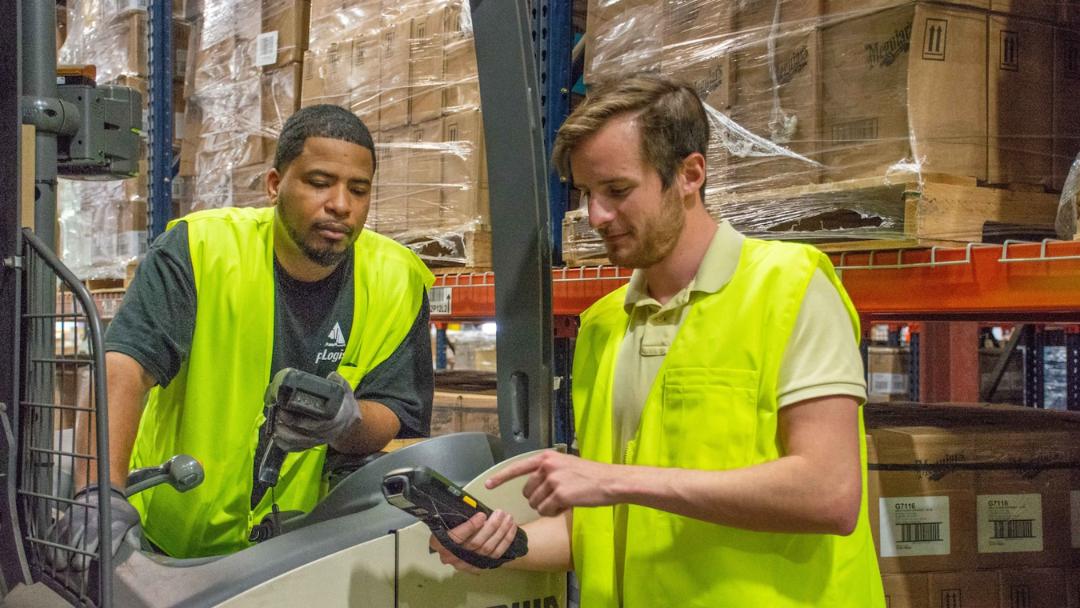When manufacturing reaches its peak volume, workplace stress will surely follow. Combined with an ongoing labor shortage and spike in demand, the pressure to perform is reaching a boiling point.
Worst of all, when stress is left unchecked by management it may spiral into full-on burnout. In fact, 53% of U.S. employees are currently experiencing burnout, according to Eagle Hill Consulting. To handle this challenge, many organizations rely on temporary workers. These seasonal employees are vital assets when it comes to mitigating a sudden spike in demand – or worse, workplace stress.
Indeed, temporary employees are major assets when it comes to tackling burnout. Here’s how manufacturers can leverage seasonal hires to relieve professional stress.
The more hands, the merrier
Given the labor shortage in the manufacturing sector, the pressure to perform is amplifying across the industry. The first – and most obvious – way that temporary workers can ease this tension is by lending a helping hand.
By dispersing the workload evenly across the newly bolstered workforce, manufacturers can relieve some of the stress felt by full-time employees. Moreover, it’ll pick up the slack left behind by former employees and keep the company on pace.
Recruit from a pool of former seasonal workers
Recontracting seasonal employees from years’ past is a great way to retain some institutional knowledge. Better yet, temporary workers can spread their know-how throughout the workforce – especially to more recent or inexperienced hires.
This is particularly important for younger workers. According to Corporate Wellness Magazine, young employees are most at risk of workplace stress. With a little bit of tutelage from seasonal veterans, the inexperienced workers will be reassured. In turn, they’ll better manage the stress of the job before it can evolve into burnout.
Seasonal hires allow you to focus on the big picture
When employees suffer from burnout, they may end up leaving the workforce. If this happens, management can rest assured knowing that seasonal workers are available to fill in the gaps.
More importantly, they can be hired and onboarded quickly when they have familiarity with your company. This frees up time and energy that can be devoted to mitigating workplace stress and eliminating burnout.
Always conduct an exit interview
Many organizations neglect the importance of the exit interview. When an employee leaves a company, these sit-downs are a rare opportunity to obtain valuable information. Managers can identify areas of weakness in the company, inefficiencies that cause stress and other employee concerns.
With such actionable insights, the organization is empowered to make appropriate and timely adjustments that may save the company—or more importantly, the workforce—plenty of unnecessary stress. Both seasonal and full-time employees alike are major sources of information. To eliminate burnout, manufacturers would do well to ensure exit interviews are conducted at every opportunity.


